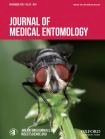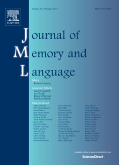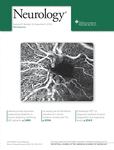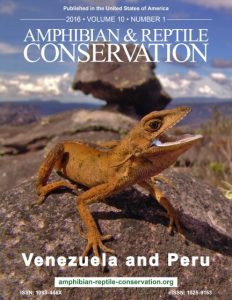 An entomology journal has issued its first retraction during the current editor’s nearly 30-year tenure — for a 2016 study with serious flaws in the analyses.
An entomology journal has issued its first retraction during the current editor’s nearly 30-year tenure — for a 2016 study with serious flaws in the analyses.
After the Journal of Medical Entomology (JME) published the study — about the identification of genes that enable an insect to detect odors — an outside researcher wrote a letter to the journal highlighting flaws in the paper. The journal then asked the authors to respond, and enlisted two additional peer reviewers to look into the study, the outside comment, and the authors’ response. They concluded the paper should be retracted.
William Reisen — the journal’s editor-in-chief from the University of California, Davis — said the journal believes the errors were unintentional and there was no fraud on the authors’ part. He added: Continue reading Entomology journal retracts 2016 study with flawed analyses






 A new analysis of more than 30 clinical trials co-authored by a bone researcher based in Japan is casting doubt on the legitimacy of the findings.
A new analysis of more than 30 clinical trials co-authored by a bone researcher based in Japan is casting doubt on the legitimacy of the findings.